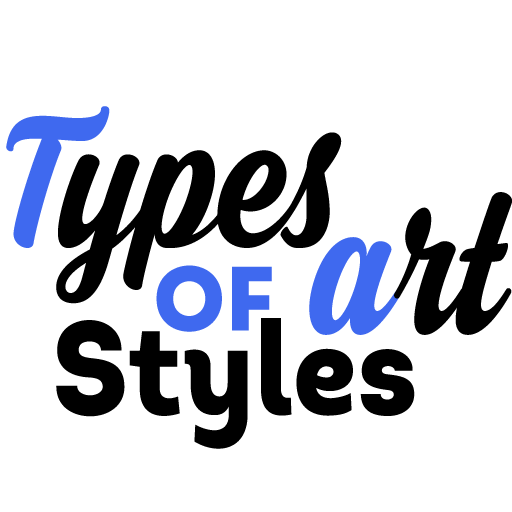Proverb: what it is, origin, main characteristics, types and example of a proverb
Contents
What is a proverb?
It is a short and sententious statement that although it is part of the oral tradition and makes up the types of oral literature, it has the particularity of having a recognized origin, as well as including the recognition of the authorship of many of the expressions, being a manifestation of especially cultured use.

On the other hand, the proverb is a type of concrete and short sentence in which a great wisdom is housed, in this way, through few words it expresses an idea that keeps an experience, teaching or wise instruction. That is why it has been called a rhetorical expression that can also contain a statement, a moral or teaching to be interpreted.
Origin of proverbs
A large part of the proverbs that we know to date have their origin in times remote from our own, so that many of them lack a recognized author. However, their mode of operation and intention will later make it possible to know, through writing, the author of many of them in different compilations.
In general, the origin of the proverb has its place in texts of didactic or moral type, which include this type of expressions with the purpose that their readers and those who listened to it, could follow the teaching that was raised, especially because at this moment this type of texts counted on a great diffusion in the different traditions, which made its expansion easier.
On the other hand, it is known that many of the proverbs that we know today come from different areas of the world, some of which are recorded as coming from Spain, China, Japan, Italy, among others.
Main characteristics of the proverb
It is time to go on to review some key aspects to be able to distinguish this type of expressions from others that have also been developed within the framework of oral expressions within literature. These characteristics are:
Proverb as an expression
Another way to identify this type of oral expressions in literature is that it consists of a short form of representing expressions or ideas that are described in a poetic way based on an experience or situation of human life or that include a type of moral belief.
Variety of subject matter
One of the most important elements of this type of expressions is linked to the variety of themes that a proverb can deal with. Thus, it is easily possible to find proverbs that adapt or apply to aspects such as old age, family, life, lies, love, childhood, youth, friendship, deceit, revenge, work, among others.
Intention of the proverb
Among its main functions, teaching is perhaps the most important of them. The proverb imparts a type of teaching or reflection of moral character, so that we also speak of a pedagogical intention that falls on the one who enunciates it. This is because it includes, in a few words, a direct and precise message used to state an idea, summarize a fact or evidence a behavior as a correction.
Compilations
Worldwide it is possible to identify a large number of proverbial expressions in different formats or compilations. One of the best known is the Hindu Pachantantra, a collection of fables with different expressions including proverbs, dating back to the 11th century. It is also possible to find proverbs in the Welsh Triads, the Book of Proverbs, the Hávamál, among others.
It is known that the compilations were developed in greater quantity towards the Middle Ages, especially with the reign of Pedro I of Castile. However, with the passage of time, another series of oral expressions began to be included in the compendia.
Cultural implication
Another important point about the proverb has to do with the cultural aspect, since this type of expression also constitutes a fundamental part of the tradition and culture of a particular people where the oral tradition evidences part of the ideas and worldviews that are part of a community.
Use of literary figures
The proverb is characterized because in its composition it has a great variety of resources that are part of the literary figures or rhetorical figures. In this case, the proverb usually resorts to elements such as ellipsis, parallelism or antithesis, which makes it easier to remain within the tradition. Many proverbs are based on something said by a person of great renown.

Types of proverbs
According to different factors it is possible to make classifications of oral expressions, but in the case of the proverb, this division has been made based on their origin. Thus, we can distinguish the types of proverbs according to this and they are presented below:
Biblical proverb
It refers to that statement that is taken directly from the Bible. It is in fact one of the books in which there is a large presence of proverbs and which derive in frequent use within common speech in many contexts and regions.
Greco-Latin proverb
It is a type of proverb with Greco-Latin origin that can be quoted either in the language of the speaker or in its original language. One of the most important and representative examples of this type of proverb says Constancy is the foundation of all virtues.
Example of a proverb
Undoubtedly nowadays we can find a great variety of expressions of this type, compiled in different texts. However, one of the best known proverbs reads as follows:
When buying a house, think of the neighbor you will acquire with it.
This proverb mainly reveals the character of its essence based on the sentence and in many cases on the warning for someone. In this case it refers to the importance of considering all possibilities and consequences with a certain action that are often not usually thought about.
If you want to know other oral literary expressions, you can go to our section dedicated to oral literature in this artistic field, where we tell much more about other manifestations that have developed throughout history. You can also find much more information about this type of art and others.
